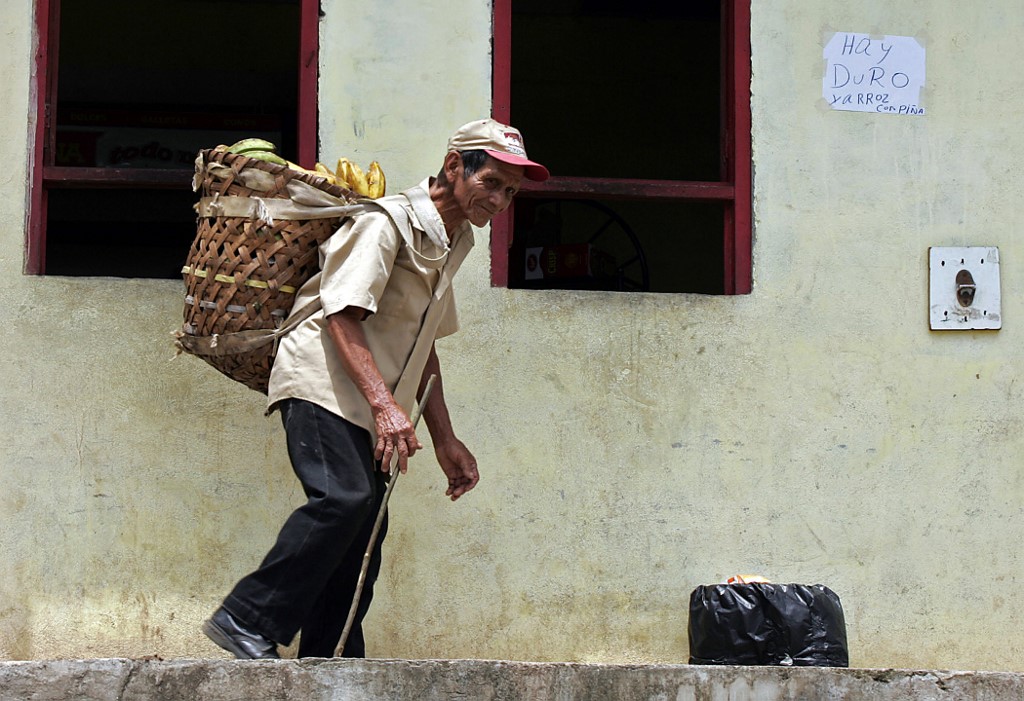Panama’s President, José Raúl Mulino, will meet in Brazil with U.S. banana company Chiquita Brands in search of an agreement for the company to resume operations in the country, after shutting down and laying off its entire workforce due to a strike, a minister reported on Monday.
Chiquita, which employed more than 6,000 people in Panama in the town of Changuinola, in the Caribbean province of Bocas del Toro, dismissed the workers after protests that semi-paralyzed the region. A union announced Monday that it will file lawsuits against the company over the dismissals.
Minister of Trade and Industry Julio Moltó said the government expects to reach an agreement following the meeting Mulino will hold with the company in Brazil during a tour beginning August 28.
Talks with the company “are moving forward positively (…), I hope we can finalize a good agreement with Chiquita and that the president can close it in Brazil so that the company returns to the country,” Moltó said. The minister did not explain why Mulino will meet with Chiquita executives in the South American country.
“If everything goes as we are thinking, in September or at the end of this month we could already have good news,” Moltó added in remarks to Telemetro. However, the leader of the banana workers, Francisco Smith, said that “several lawsuits are being filed against Chiquita” for possible “irregularities” in the layoffs and “violations” of labor rights.
“The company cannot take actions this way and fire workers as they have done,” Smith added. According to the minister, Chiquita is evaluating its losses and how to hire staff again. The company has also reportedly requested guarantees that routes will not be blocked in the event of future protests.
The banana workers began a strike on April 28 against a pension reform that stripped them of some benefits. These benefits were later reinstated after an agreement with the Panamanian government. During the protests, which lasted until late June, workers blocked roads at more than 40 points in Bocas del Toro, causing shortages of basic products in that tourist province.
The company said the strike, declared illegal by a labor court, caused it losses of more than 75 million dollars, though some media outlets put the figure at over 100 million dollars.






